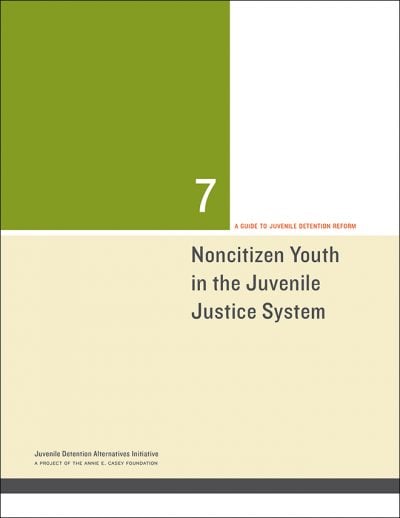Expert Advice
Readers will learn clear practice recommendations that aim to promote the fair treatment of noncitizen youth as they navigate the juvenile justice system. One tip? Detention and intake personnel should not try to document—or even determine—a youth’s immigration status during the charging, booking or detention process.







